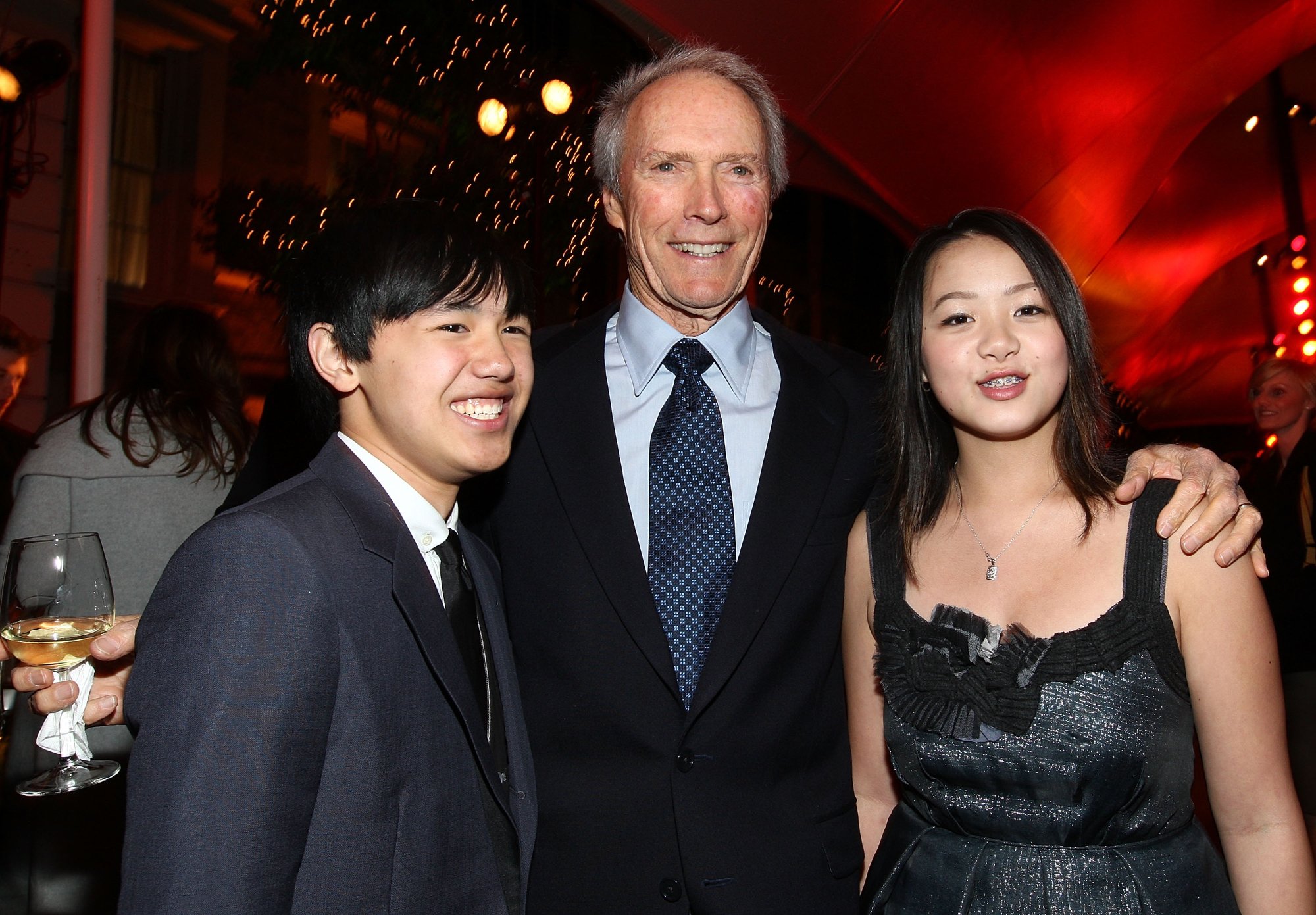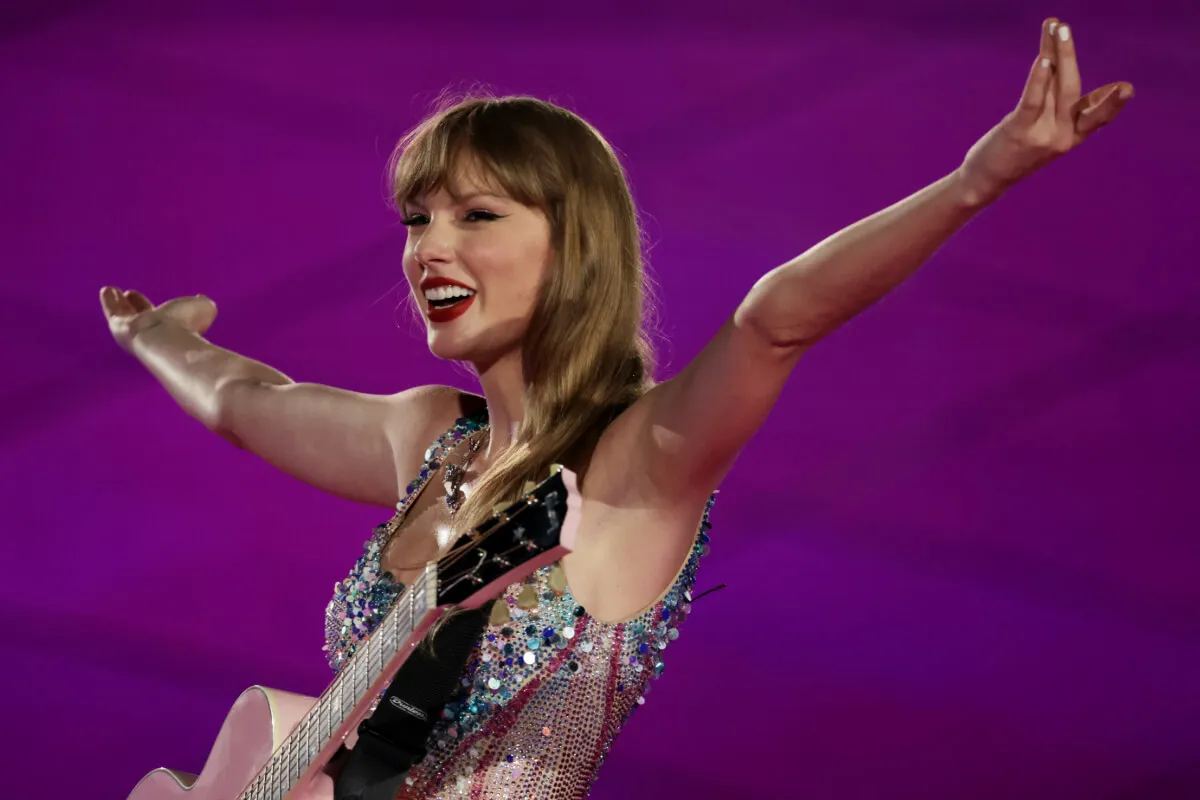‘Gran Torino’: Clint Eastwood Co-Star Bee Vang Blames the Film for ‘Mainstreaming Anti-Asian Racism’
Clint Eastwood‘s Gran Torino earned praise from critics and audiences. Many criticized the Awards for not nominating the film at the ceremony. However, some folks came forward to condemn Eastwood’s film regarding its use of racial slurs. Gran Torino star Bee Vang came forward to criticize the film for “mainstreaming anti-Asian” racism.
Bee Vang starred in Clint Eastwood’s ‘Gran Torino’ as Thao Vang Lor

Gran Torino follows Walt Kowalski (Eastwood), who is a widow and Korean War veteran. His family alienates him and he’s angry at the world. Walt’s young neighbor, Thao Vang Lor (Vang), tries to steal Walt’s 1972 Ford Torino to impress a local gang, but Walt ultimately develops a close relationship with Thao and his family.
Vang earned a role in Eastwood’s Gran Torino. However, he wanted to elevate the movie and breathe authenticity into it. “During the shooting of the film, I tried to stay true to the script,” Vang wrote in the St. Paul Pioneer Press. “But as a Hmong person, I also tried to do justice to my own life and to that of others like me.”
Bee Vang blames Clint Eastwood’s ‘Gran Torino’ for ‘mainstreaming anti-Asian racism’
Vang wrote a piece on NBC News that outlines anti-Asian racism in the coronavirus (COVID-19) pandemic era. He reflected back on starring in Eastwood’s Gran Torino and how it connects with the modern social and political climate.
“At the time, there was a lot of discussion about whether the movie’s slurs were insensitive and gratuitous or simply ‘harmless jokes,'” Vang wrote. “I found it unnerving, the laughter that the slurs elicited in theaters with predominantly white audiences. And it was always white people who would say, ‘Can’t you take a joke?'”
However, Vang looks back at Gran Torino with a different perspective, especially regarding the anti-Asian racism spreading around the world during the coronavirus pandemic.
“Gran Torino may have elided the crisis in Asia that birthed our diaspora and many others across the Pacific,” Vang wrote. “But more concerning was the way the film mainstreamed anti-Asian racism, even as it increased Asian American representation. The laughter weaponized against us has beaten us into silent submission.”
Vang continued: “To this day, I am still haunted by the mirth of white audiences, the uproarious laughter when Eastwood’s curmudgeonly racist character, Walt Kowalski, growled a slur … It’s a ‘harmless joke,’ right? Until it’s not just a joke, but rather one more excuse for ignoring white supremacy and racism.”
The coronavirus (COVID-19) pandemic overtly perpetuates anti-Asian racism
Vang uses Eastwood’s Gran Torino as an example of how anti-Asian racism becomes integrated into mainstream culture. It’s not simply a joke to Vang when it has real-world ramifications. The 2008 film is not harmless content for Vang and many folks who spoke against the movie’s use of anti-Asian racism.
“In times of crisis, solidarity requires a collective commitment to justice,” Vang wrote in NBC News. “We cannot lose sight of this, or it will become impossible to imagine a new and better world. And I no longer wonder what people mean when they ask me why I can’t take a joke. Covid-19 has removed all doubt.”


